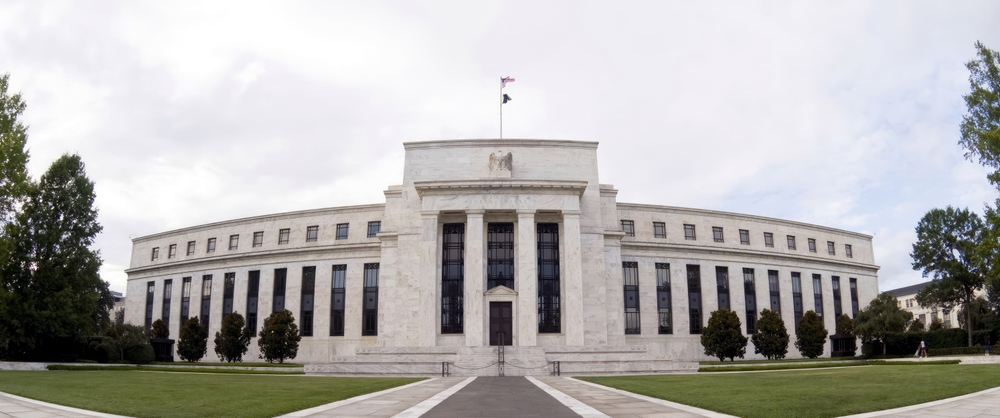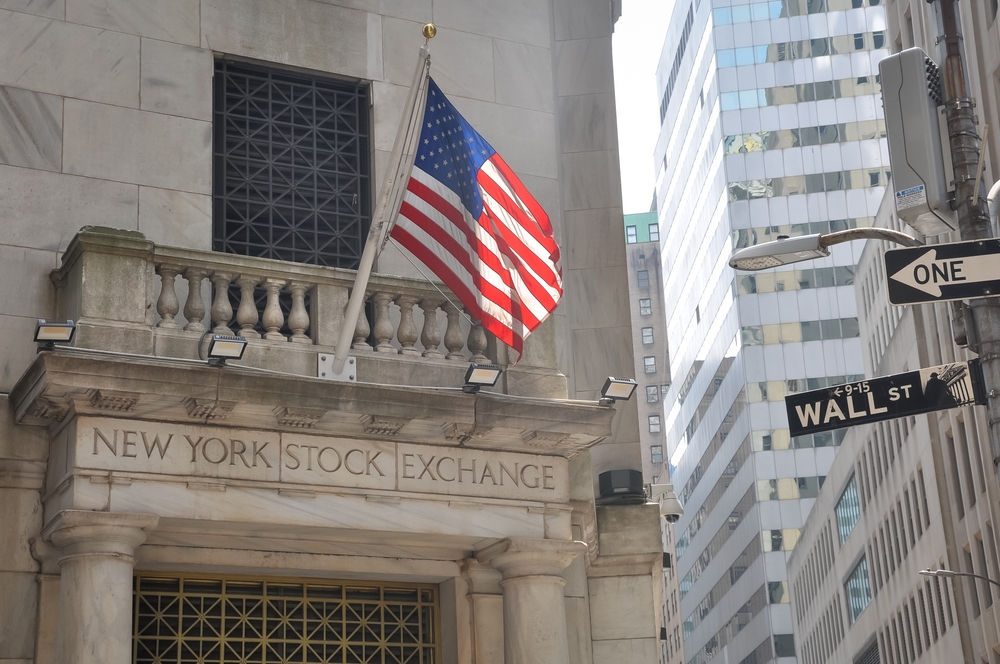
Partisan Trust in the Federal Reserve
This paper examines partisanship in public perceptions of the Federal Reserve.
Abstract
In all years from 2001 through 2023, trust in the Federal Reserve was highest for respondents of the same party as the President. The partisan effects were larger than other demographic differences in trust, but do not explain the large partisan gap in inflation expectations in those years. We conducted a new survey-based information experiment before and after the Presidential inauguration in 2025, and found a changed pattern: Republicans continued to have lower trust in the Fed than did Democrats, even after a Republican President was elected and took office. Yet, Republicans had much lower inflation expectations than Democrats. Responses to open-ended survey questions point to tariffs and President Trump himself as most salient to consumers when considering how inflation will evolve.
Continue Reading
This paper was originally published as part of the National Bureau of Economic Research working paper series.
Economic Dynamism
.jpg)
Do Dynamic Societies Leave Workers Behind Culturally?
Technological change is undoubtedly raising profound metaphysical questions, and thinking clearly about them may be more consequential than ever.

The War on Disruption
The only way we can challenge stagnation is by attacking the underlying narratives. What today’s societies need is a celebration of messiness.

Unlocking Public Value: A Proposal for AI Opportunity Zones
Governments often regulate AI’s risks without measuring its rewards—AI Opportunity Zones would flip the script by granting public institutions open access to advanced systems in exchange for transparent, real-world testing that proves their value on society’s toughest challenges.

Downtowns are dying, but we know how to save them
Even those who yearn to visit or live in a walkable, dense neighborhood are not going to flock to a place surrounded by a grim urban dystopia.

The Housing Crisis
Soaring housing costs are driving young people towards socialism—only dispersed development and expanded property ownership can preserve liberal democracy.

Oren Cass's Bad Timing
Cass’s critique misses the most telling point about today’s economy: U.S. companies are on top because they consistently outcompete their global rivals.

Blocking AI’s Information Explosion Hurts Everyone
Preventing AI from performing its crucial role of providing information to the public will hinder the lives of those who need it.
.avif)


.jpeg)




.jpg)





